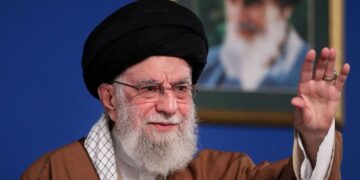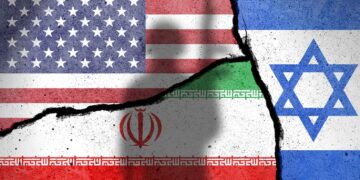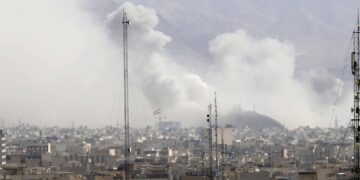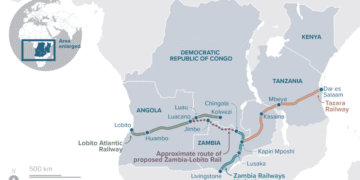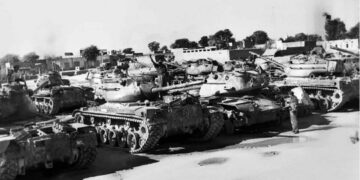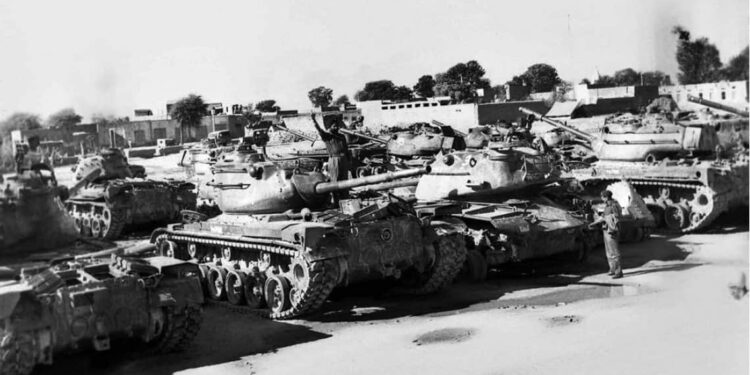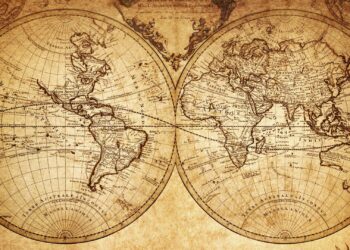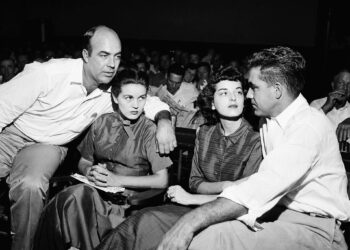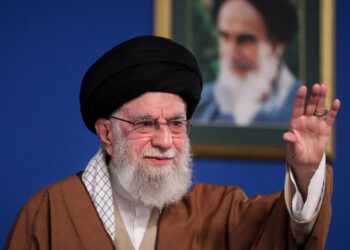On Sept. 23, 1965, the Indo-Pakistani War of 1965 officially came to an end after both nations accepted a United Nations-mandated ceasefire. The conflict, which had raged for five weeks, was the second major military confrontation between India and Pakistan since their partition in 1947.
The war began in August 1965, after Pakistan launched “Operation Gibraltar,” an attempt to infiltrate forces into the disputed territory of Jammu and Kashmir to incite rebellion against Indian rule. The move escalated into full-scale hostilities, with both sides deploying their armies across the international border. Major battles were fought in Kashmir, Punjab, and along key strategic locations.
The fighting resulted in thousands of military and civilian casualties on both sides, widespread destruction, and the displacement of communities along the border. Despite intense combat, territorial gains were minimal, and neither country achieved a decisive victory.
International pressure quickly mounted to halt the fighting. The United States and the Soviet Union, both concerned about instability in South Asia during the Cold War, supported diplomatic efforts at the United Nations. The Security Council passed several resolutions demanding an end to hostilities, culminating in the ceasefire that took effect on Sept. 23.
Although the ceasefire stopped the fighting, it did not resolve the underlying dispute over Kashmir. Tensions persisted, and less than a decade later, the two nations clashed again in the 1971 war, which led to the creation of Bangladesh.
The 1965 war nonetheless reshaped military and political dynamics in South Asia. Both countries claimed victory, using the outcome to strengthen national narratives. In Pakistan, the war bolstered the standing of the military, while in India it reaffirmed the country’s resolve to defend its borders.
The ceasefire laid the groundwork for the Tashkent Agreement signed in January 1966, brokered by the Soviet Union, which formally restored diplomatic relations between the two neighbors — though lasting peace remained elusive.

